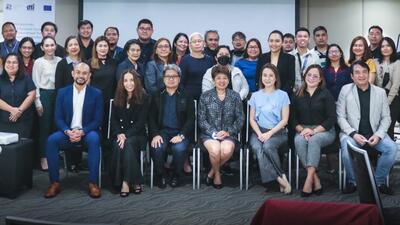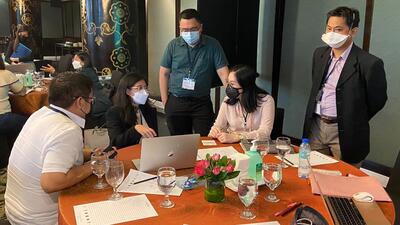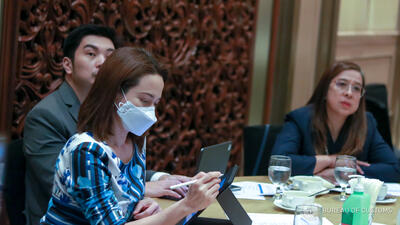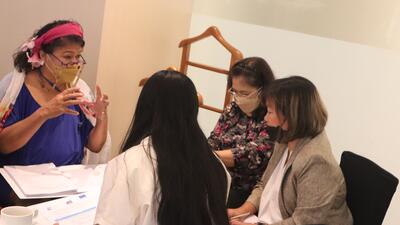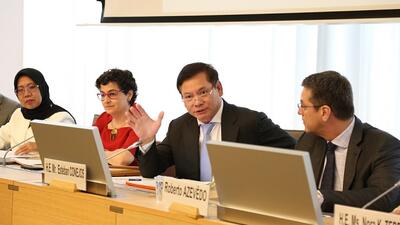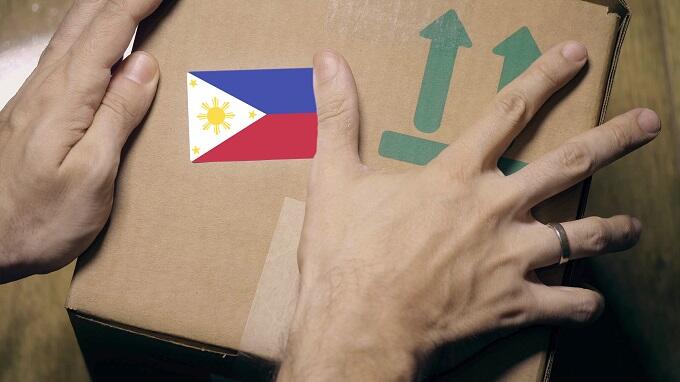
Building capacity of Philippine exporters
“Exporters often struggle to interpret export standards and find it hard to keep up to date with the latest changes that affect these ,” one workshop participant shared.
Managers of Philippine exporting companies, freight forwarders, representatives of national business organizations, and officials from the Bureau of Customs, Department of Finance, and Export Development Council participated in four online workshops in December 2021.
These workshops were instrumental in identifying key training needs on export processes and rules for national exporters. They helped refine an initial selection of possible training topics based on operational issues faced by local exporting businesses.
Among others, the workshops highlighted the need to improve exporters’ understanding of free trade agreements and rules of origin. Consultations on the food sector stressed the importance of offering training on food standards requirements in target markets. Philippine exporters also identified specific training needs related to managing export processes in the COVID-19 context.
Based on the needs identified during the workshops, training modules will be developed by the International Trade Centre together with the Philippine Trade Training Center. This “e-curriculum” will be delivered to Philippine businesses online, on an e-learning platform developed by the International Trade Centre, as well as physically through instructor-led workshops.
At least 350 economic operators in the country will be sensitized on export processes and rules through this training during the project.
The workshops were organized within the framework of ARISE Plus Philippines and in close collaboration with the Philippine Trade Training Center, of the Department of Trade and Industry.
ARISE Plus Philippines is a four-year project, funded by the European Union (EU) and implemented by the International Trade Centre. It focuses as a priority on enabling the Philippines to take advantage of EU market access and of the trade privileges granted under the Generalized System of Preference (GSP+), as well as supporting the overall EU-Philippines trade relationship and trade-related policies.







